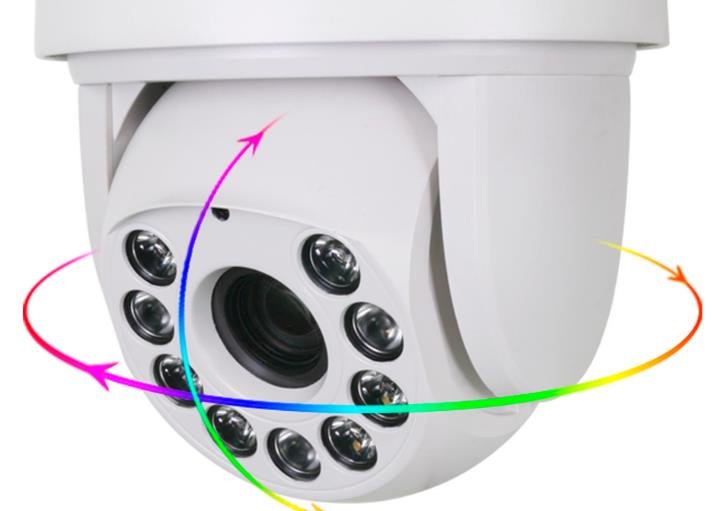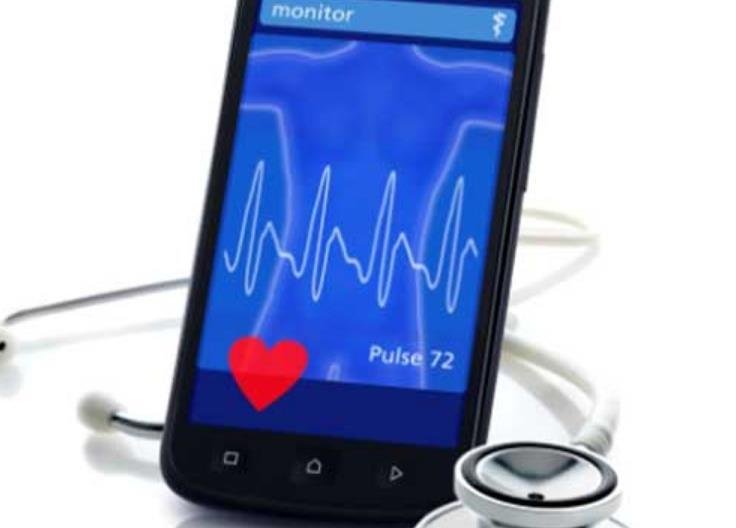The Federal Government of Nigeria, in collaboration with various stakeholders, is advocating for the adoption of digital healthcare solutions to enhance patient care and streamline healthcare services. This initiative aims to transition from traditional manual records to a robust digital framework, ensuring efficient and effective healthcare delivery. The move is expected to address the challenges of accessibility and quality in the healthcare sector, particularly in underserved and remote areas. By leveraging advanced technologies, the government and stakeholders aim to create a sustainable and inclusive healthcare ecosystem.

Enhancing Healthcare Accessibility
The push for digital healthcare is primarily driven by the need to improve accessibility to medical services across Nigeria. The current healthcare system faces significant challenges, including a shortage of medical professionals and inadequate infrastructure. By adopting digital solutions, the government aims to bridge these gaps and provide quality healthcare to all citizens, regardless of their location.
Digital healthcare platforms, such as telemedicine, enable patients to consult with healthcare professionals remotely. This is particularly beneficial for individuals in rural and remote areas who may not have easy access to medical facilities. Through virtual consultations, patients can receive timely medical advice and treatment, reducing the need for travel and minimizing delays in care.
Moreover, digital healthcare systems facilitate better management of patient records. Electronic health records (EHRs) ensure that patient information is accurately documented and easily accessible to healthcare providers. This improves the continuity of care and reduces the risk of errors associated with manual record-keeping. Overall, the adoption of digital healthcare is expected to enhance the efficiency and effectiveness of the healthcare system.
Driving Innovation in Healthcare
Innovation is at the core of the digital healthcare transformation. The Federal Government, along with stakeholders, is committed to integrating cutting-edge technologies to improve healthcare delivery. This includes the use of artificial intelligence (AI), data analytics, and mobile health applications to provide personalized and efficient care.
AI-powered tools can assist healthcare providers in diagnosing and treating patients more accurately. For instance, AI algorithms can analyze medical images and detect abnormalities that may be missed by human eyes. This enhances the accuracy of diagnoses and enables early intervention, improving patient outcomes. Additionally, AI can be used to predict disease outbreaks and manage healthcare resources more effectively.
Data analytics plays a crucial role in understanding health trends and making informed decisions. By analyzing large datasets, healthcare providers can identify patterns and trends that inform public health strategies. This helps in the early detection of epidemics and the implementation of preventive measures. Furthermore, mobile health applications empower patients to take control of their health by providing access to health information and self-management tools.
The integration of these technologies is expected to revolutionize the healthcare sector, making it more responsive and adaptive to the needs of the population. The government’s commitment to innovation underscores its dedication to improving healthcare outcomes and ensuring a healthier future for all Nigerians.
Collaborative Efforts and Future Prospects
The success of the digital healthcare initiative relies on the collaborative efforts of the government, private sector, and international partners. The Federal Government has partnered with various stakeholders, including technology companies and healthcare organizations, to implement digital solutions across the country. These partnerships are essential for providing the necessary infrastructure and expertise to support the digital transformation.
One notable collaboration is with Ethnomet, a Canadian healthcare technology firm, to launch the NigComHealth platform. This telemedicine platform allows patients to access medical consultations from licensed healthcare professionals via a mobile app. The platform aims to make healthcare services more accessible and convenient, particularly for those in remote areas. Such initiatives demonstrate the potential of international partnerships in driving healthcare innovation.
Looking ahead, the future of digital healthcare in Nigeria appears promising. The government’s proactive approach and the support of stakeholders are expected to accelerate the adoption of digital solutions. As more healthcare providers and patients embrace these technologies, the overall quality and accessibility of healthcare services will improve. The digital healthcare transformation is poised to create a more resilient and inclusive healthcare system, benefiting all Nigerians.
In conclusion, the advocacy for digital healthcare by the Federal Government and stakeholders marks a significant step towards improving healthcare delivery in Nigeria. By leveraging advanced technologies and fostering collaboration, the initiative aims to address the challenges of accessibility and quality in the healthcare sector. The future of healthcare in Nigeria is set to be transformed, ensuring better health outcomes for all citizens.
















